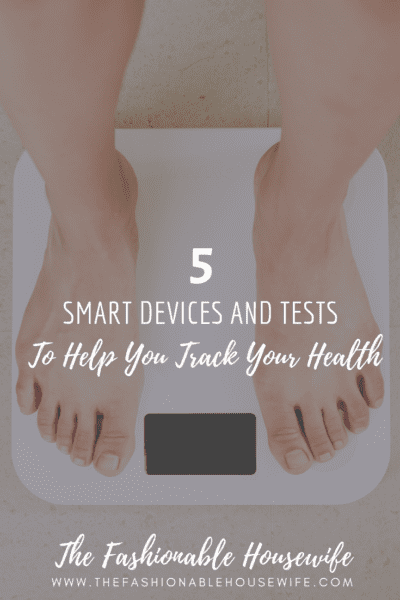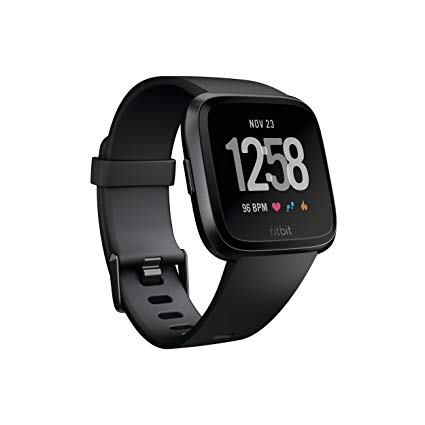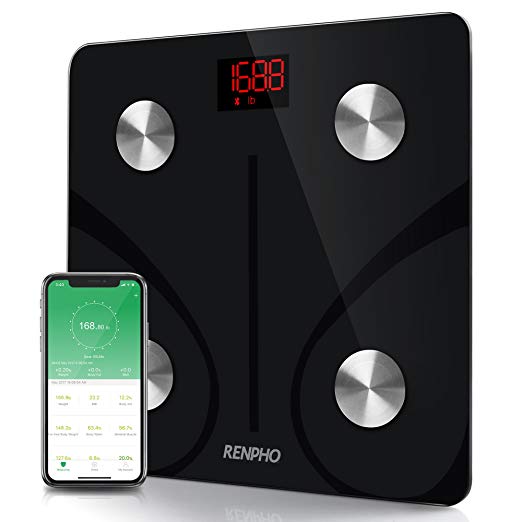
With medical advances and the introduction of increasingly accurate wearables, smart devices, and at-home health tests, it is easier than ever to track and improve your wellbeing.
If you’re interested in learning more about your overall health status and general fitness, consider checking out the options listed below for smart devices and tests.
1. DNA Testing
A variety of at-home DNA test kits are now available, and these can give you a closer look at your ancestry, potential disease risk, and other interesting traits. The tests require a saliva sample that you send off in the mail, and results are delivered in six to eight weeks. Some companies specialize in ancestral tracking through DNA, and others focus on how your genes may impact your risk for certain diseases like cancer and dementia.
Visit Your DNA for more information on how these tests differ depending on the company. If you choose to use one of these tests, be aware that genes are not the only factor that determines whether or not you may develop a particular disease. You may wish to consider getting genetic counseling prior to using these test kits, and always follow up with your doctor about your results.
2. Fitness Tracker
Fitness trackers have become increasingly sophisticated in recent years. Most of these are worn on the wrist, and some trackers can also be worn on the chest. By wearing these trackers regularly, you can track your sleep cycle and the number of calories you burn each day. Trackers also count your daily steps, and many provide continuous heart rate monitoring.
Some devices even estimate the calories you consume, and a few can monitor your breathing rate and detect potentially serious heart rhythm abnormalities. To use these devices, you’ll need to have a smartphone. To avoid skin irritation, it’s important to take a break from wearing your tracker every few days.
3. Annual Checkup
While DNA tests and at-home wearables can empower you to make healthy changes, having an annual checkup with a physician can give you even more information about your general wellbeing. For example, during your regular medical exam, the doctor will listen to your heartbeat. This simple check can help detect murmurs, extra sounds, and heart rhythm changes that may not cause any symptoms, enabling them to be treated as early as possible. Annual checkups are also a time when you can have your blood cholesterol and glucose levels checked, and this allows you to know if you need cholesterol-lowering medication or are diabetic.
4. Smart Scale
Smart scales provide digital weight readings that sync to your smartphone, producing a continuous graph of your weight for the week, month, and year. In addition to automatically recording your weight, smart scales typically record your body composition information. For example, your scale may provide an estimate of your body fat, body water, muscle, and bone percentages. Some scales also give a reading of your heart rate. For individuals following a weight loss program, tracking body fat can help them know if they are truly losing body fat or whether they might be losing muscle.
5. Home Blood Pressure Monitor
High blood pressure usually produces no symptoms, and it is a leading risk factor for stroke and heart disease. While the doctor monitors blood pressure at office visits, many people may get falsely high readings due to anxiety that can occur in clinic settings. Automatic blood pressure cuffs are one of those smart devices that take home health care to the next level. The blood pressure cuffs take a digital reading right in your own home so you can track your blood pressure each day. Being able to check it daily can give you a better idea of how high or low your average numbers may be. Before purchasing a blood pressure monitor for home use, ask your doctor for brand recommendations, and you may also wish to have your device calibrated in the clinic.
There are plenty of at-home smart devices that will help you track your health, you just have to take advantage of them.





